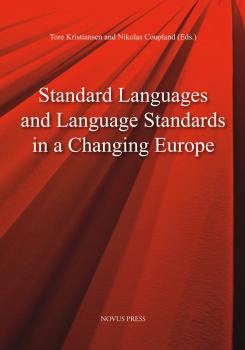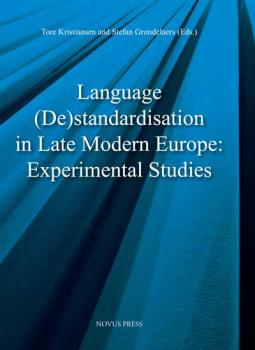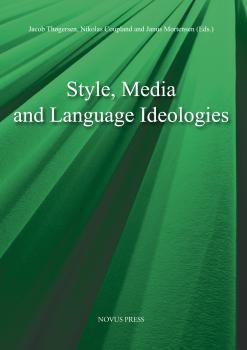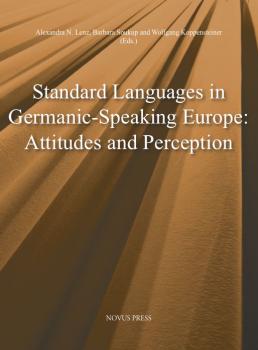Standard Language Ideology in Contemporary Europe
SLICE is interested in ideologies of language as much as in the forms and functions of languages themselves, and in exploring how ideology can be made visible by different research methods. This implies a commitment to researching the attitudes and value-structures that underpin attributions of ‘standard’, potential subjective complexities and shifts in these subjectivities.
One of SLICE’s key objectives is to make informed assessments of the extent and nature of linguistic destandardisation in contemporary European contexts. While sociolinguistic attention has so far been given to standardising processes – the mechanisms by which language varieties ‘rise’ to function ideologically and practically as standard varieties – it is also necessary to move beyond linear accounts and to explore whether and how varieties that have functioned as standards may be losing their legitimacy. Is there evidence that ways of speaking that have been positioned as ‘non-standard’ or vernacular varieties are ‘moving up’ to function in domains previously associated with standard varieties? More radically, is there evidence that the ideological systems that have supported attributions of standard and vernacular language may be crumbling, losing their potency or being restructured? Is it appropriate to see late modernity as an era when linguistic standardisation is in some ways and in some places being reversed, or at least rendered more complex and multi-dimensional?





